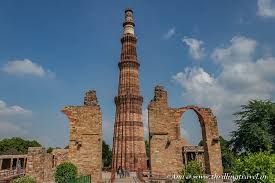Ratan Tata Motivational Quotes

About Ratan Tata Ratan Tata is an Indian industrialist, philanthropist, and former chairman of Tata Sons, the holding company of the Tata Group. He was born on December 28, 1937, in Mumbai, India. Ratan Tata is widely respected for his visionary leadership and significant contributions to the growth and global prominence of the Tata Group. After completing his education in India and the United States, Ratan Tata joined the Tata Group in 1962. He initially worked on the shop floor of Tata Steel, gaining practical experience in various departments. Over the years, he held several positions within the company and played a pivotal role in expanding its operations. Under Ratan Tata's leadership, the Tata Group underwent significant transformations and diversification. He spearheaded the acquisition of various international companies, including Tetley, Jaguar Land Rover, and Corus Steel, which helped expand the group's global presence. He also led the development of Tata Consultanc

